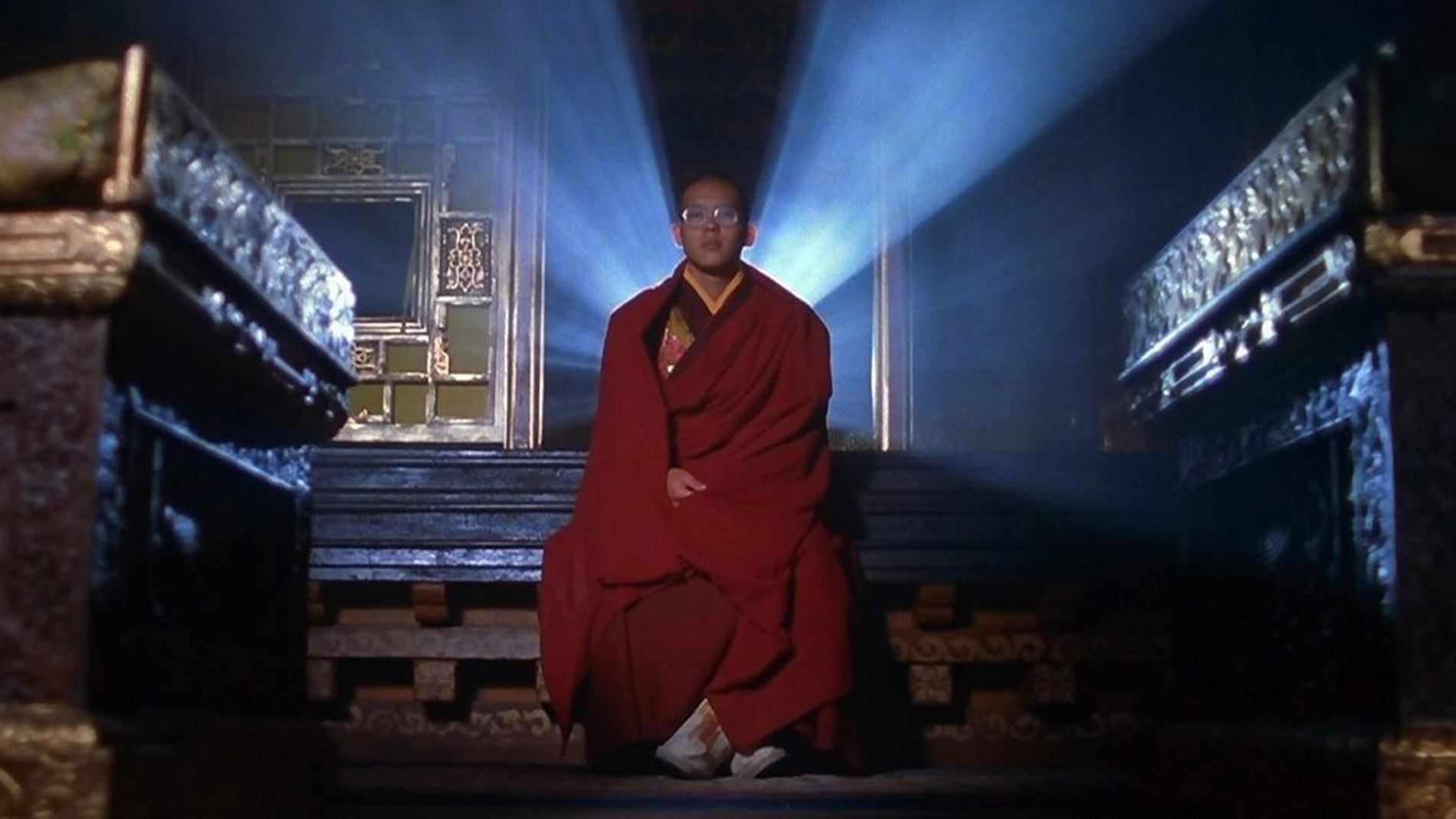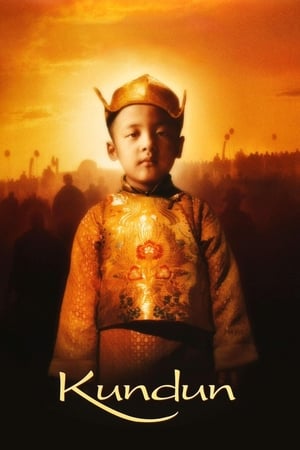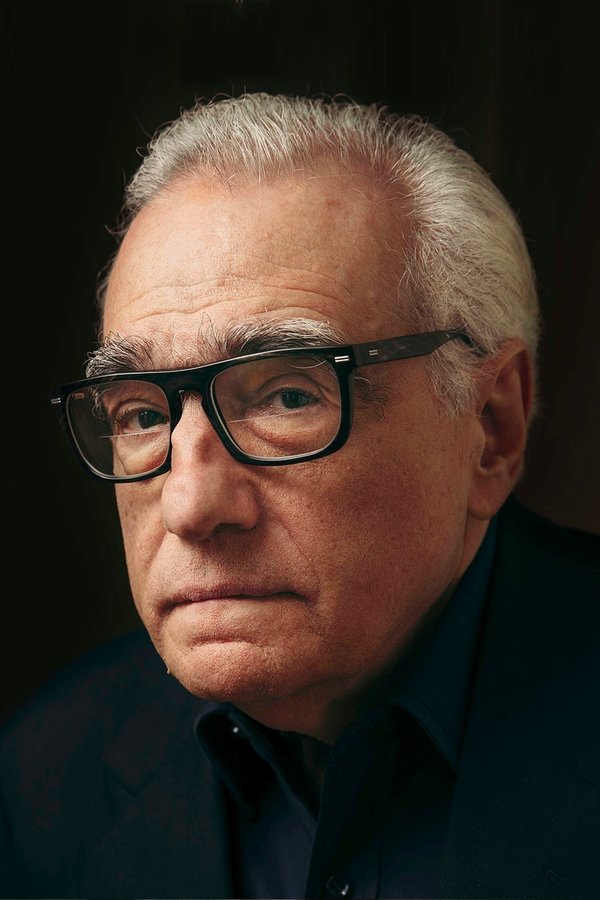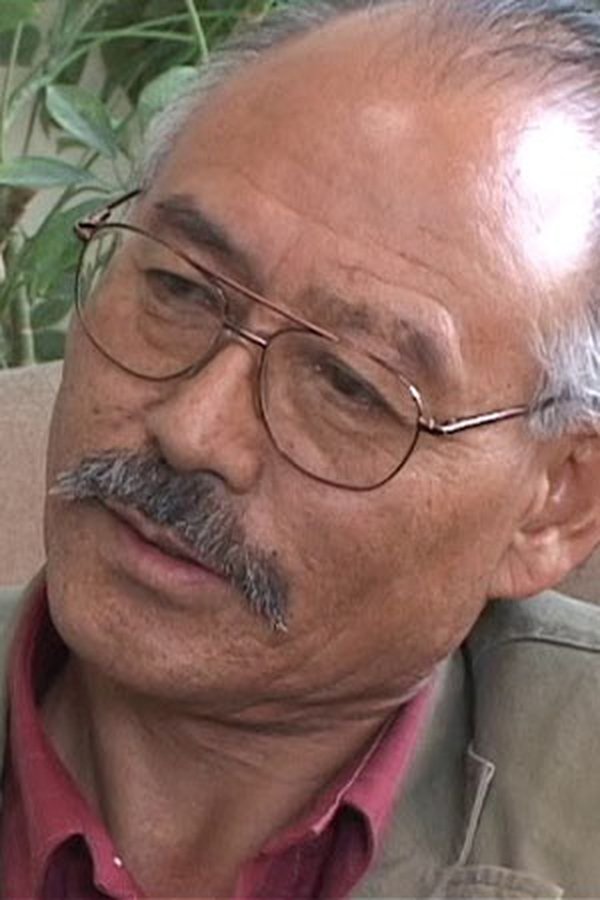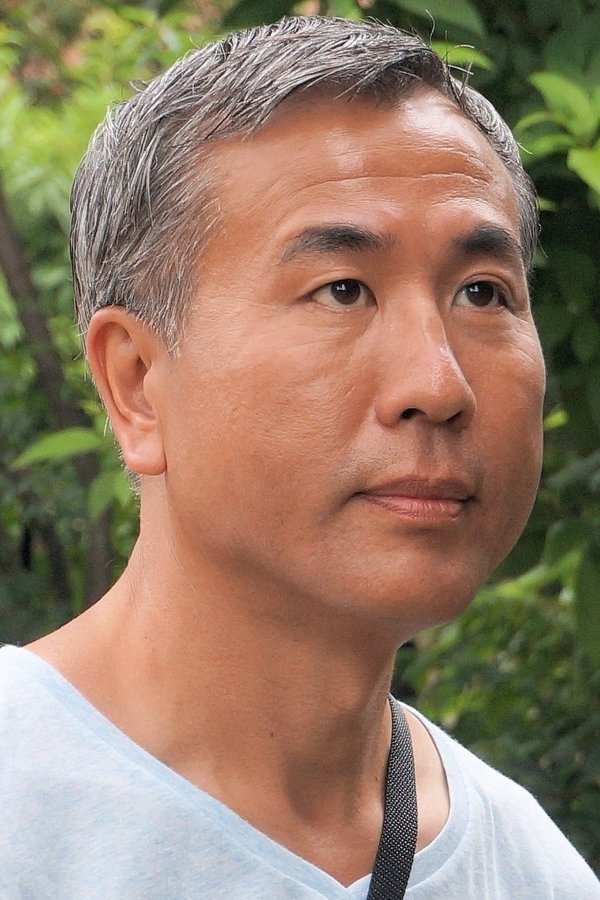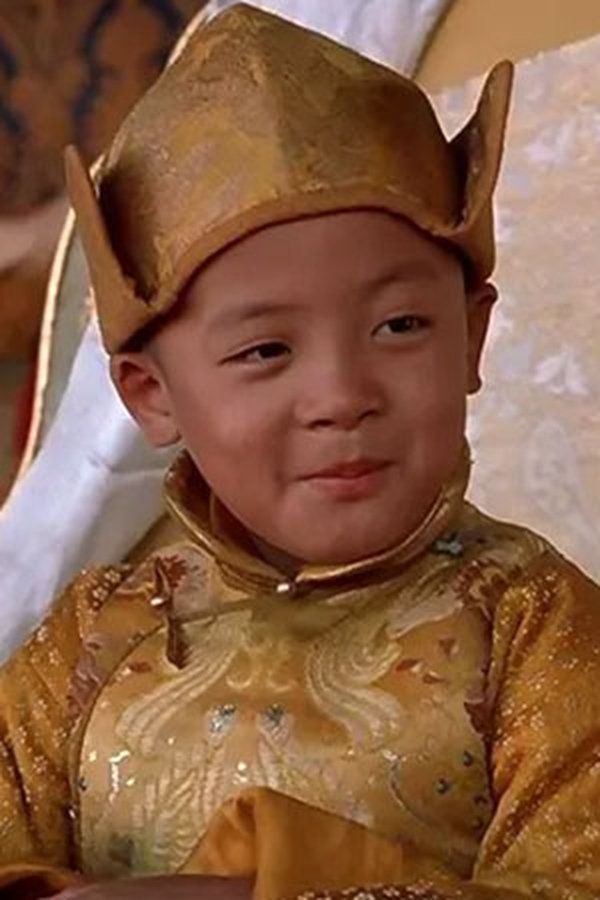Telling Other People’s Stories: Representation on Both Sides of the Camera
A recent look at gender and racial diversity in film shows some signs of progress. However, white men still make up the vast majority of actors and directors in top-grossing films.
